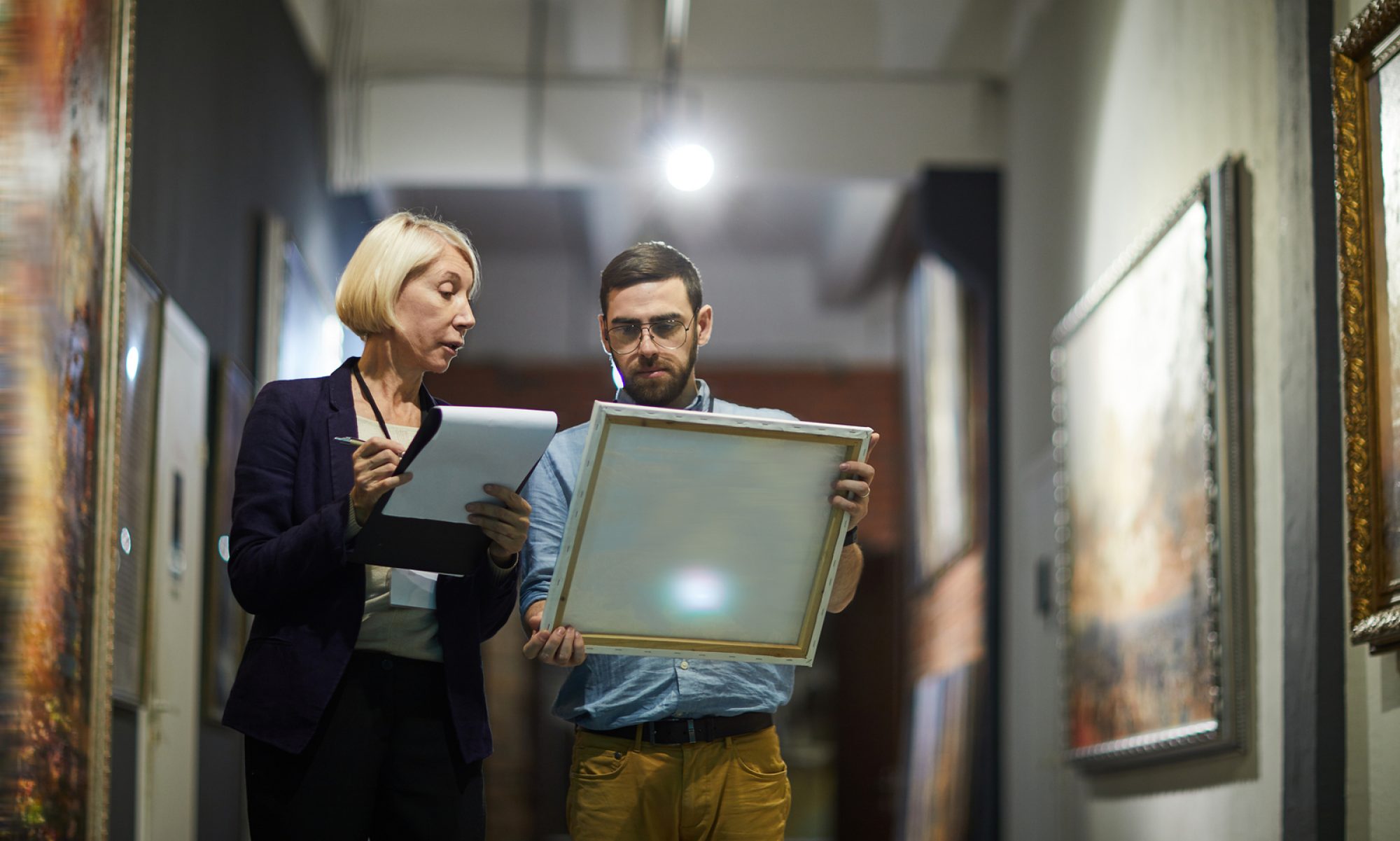If you’re passionate about art and want to connect your life with it, you may master the art consulting profession. It’s a great opportunity to bridge various industry players – artists, galleries, museums, and art collectors – to get the art market’s pulse beating. So, how to become an art consultant today? Here, we review several paths that can bring you to this goal.
Self-education
An art consultant’s reputation and expertise play a huge role in the demand for their services. That’s why talented consultants who have a proper feel of the art market and give valuable tips may not even have a professional degree in art. Yet, to develop intuition and predict trends in the art market, you need to be knowledgeable in this area. Luckily, we live in the era of widespread free information online and considerable art accessibility. You can find many free art courses on the Internet or attend local museums and galleries to familiarize yourself with art and pump your consulting muscles.
Professional courses and programs
Another path to becoming an art consultant is to enroll in a professional course that will equip you with the proper theoretical base in art and help you bridge practice and theory in the art consulting vocation. Many colleges, universities, and practicing art institutions offer various kinds of educational programs, from brief online courses to full-scale degrees. For example, Sotheby’s Institute of Art offers courses on art business, art history, the link between art, finance, and investment, and the fundamentals of gallery management.
How to become an art consultant: building your industry experience
As soon as you start researching how to become an art consultant, you should also understand the practical dimension of this business. You need to dedicate enough time and attention to building your sales and marketing skills, which will help you market yourself as a specialist and promote specific artists and artworks. It is also necessary to improve your communication skills, as your interpersonal competencies will ensure your effective contacts and productive partnerships with a variety of players in the art scene.
Analytical and research skills may also do you a good favor in the art consulting profession. You need to monitor the market and feel the early signs of changes, which may affect the demand and market sentiment in the near future. This way, you will deliver accurate and insightful consulting services that will improve your professional image.

